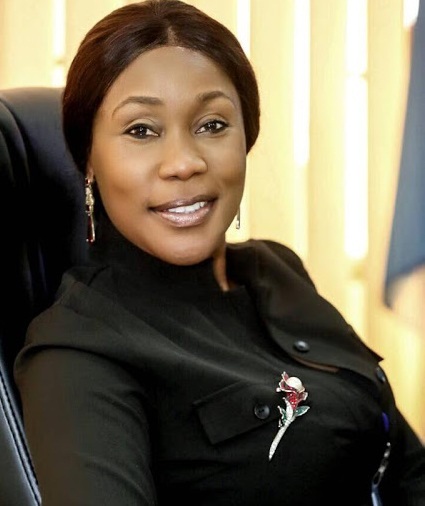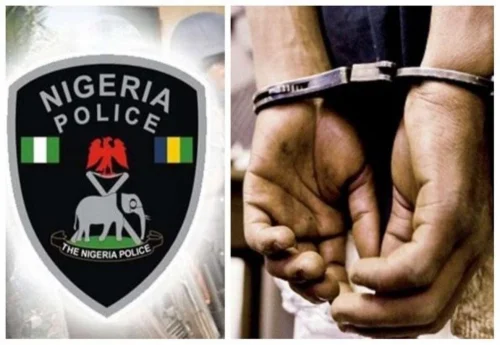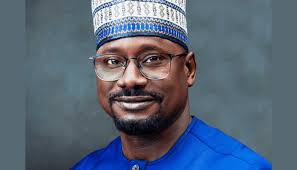Tricks and control mechanisms in human trafficking

By Julie Okah Donli
Trafficking in persons was relatively unknown in Nigeria until about late 90s. Victims were seen as prostitutes or illegal migrants that were justifiably deported back home. On arrival in Nigeria, victims were treated as criminals.
Within the country, victims were perceived as either prostitutes for those kept in the brothels or as irresponsible underprivileged individuals.
In Nigeria, trafficking in persons has both the Local and International dimensions. Trafficking could be internal or external. Internally, people can be trafficked from one state to another for domestic servitude, sexual exploitation, child labour, forced labour and street begging.
Nigerians are also trafficked or smuggled across international borders for forced labour, sexual exploitation, organ harvesting, drug trafficking and arms smuggling. To ensure that victims are perpetually subjected to fear and bondage, traffickers use different control mechanisms.
One of the most common control mechanisms used by traffickers is Intimidation and threats. These include violence, rape, emotional abuse, watching violence against other victims, threats of torture or murder the victims and/or their loved ones, blackmail etc.
These are all different ways in which victims are threatened and intimidated into silence and obedience. In some cases, traffickers drug their victims and pay touts to gang rape them, record the heinous act and threaten to release to the public if the victim ever speaks up or attempts to escape.
Another very common control mechanism is lies and deception. This is used to achieve the cooperation of victims and their families, usually involving false promises of employment, marriage or scholarship, better living conditions, etc.
Sometimes, they deceive victims into believing that if they endure the hardships and inhuman treatment meted out on them, they will be adequately compensated and given so much money.
Another group of people who make use of this control mechanisms are business men and women who employ the services of young boys and girls and deceive them into thinking that they will receive business starts up at an agreed period.
Traffickers also use debt bondage as a control mechanism. Victims transported by traffickers often incur debts that they owe traffickers. They are then forced to work to pay back huge sums. Sometimes, traffickers give some sum of money to the parents of their victims and subject the victim to perpetual bondage by constantly reminding them that they have to work hard to pay back the money spent on their parents.
Traffickers also use oath taking. Once recruited, the victims are made to swear oaths before a traditional shrine or spiritualist.
Victims are made to supply their hairs (pubic hair for female), finger and toe nails, under wears etc. to psychologically control the victims and sometimes, these oaths and covenants are administered by fake spiritualist who threaten the victim that breaking the culture of silence or attempting to run away will result to death or insanity.
Emotional abuse is another powerful control mechanism used by traffickers to subject their victims to perpetual slavery.
You hear verbal abuses like “oh you are useless, you are stupid, you should consider yourself lucky I took you in, nobody will ever have anything to do with you if you run away, etc.
These and many other forms of emotional abuse such as when a trafficker tell their victim that they are not loved by their parents can keep a victim in bondage.
Identity control is a very common form of control mechanism. In most typical trafficking situations, victims’ identity are either controlled or totally changed. They do this by first of all by seizing the passport and other relevant travelling documents.
Next thing they do is to change the victim’s name and tell her for instance that your name is no longer Favour but Ruth. They even go as far as telling victims that they are not from Nigeria.
Constant use of the new identity begins to take its toil psychologically on victims and after a period of time, they become used to the new identity, thereby making it even more difficult for them to be identified and rescued.
Traffickers control their victims through Social isolation. The business of human trafficking is shrouded in secrecy and so traffickers will do anything to ensure that victims never speak up and a way of achieving this is by socially isolating their victims.
Victims are either locked up in a house or restricted from accessing certain corners of the house. Trafficked victims are in most cases denied access to schools and are forbidden from attending any type of social activity for fear that they may divulge information concerning their trafficker.
Religion, Culture and belief are all other forms of control mechanism used by human traffickers. Sometimes, traffickers go as far as using fake religious leaders to manipulate their victims into silence by telling them that whatever happens is the will of God, patience is a virtue and that vengeance is of God and so victims swallow all sorts of inhuman treatment in the name of leaving vengeance in the hands of God.
There’s also unsafe, unpredictable and uncontrollable events. Sometimes, victims are made to watch how other victims are tortured and killed and so because they have seen that anything can happen at any time, they are forced into obedience.
Dame Julie Okah Donli is the new chair of the board of trustees of the United Nations Voluntary Trust Fund for Victims of Trafficking in Persons (UNVTF) and the Executive Chairman, Roost Foundation. She was until December 2020, the Director-General of the National Agency for the Prohibition of Trafficking in Persons (NAPTIP).









